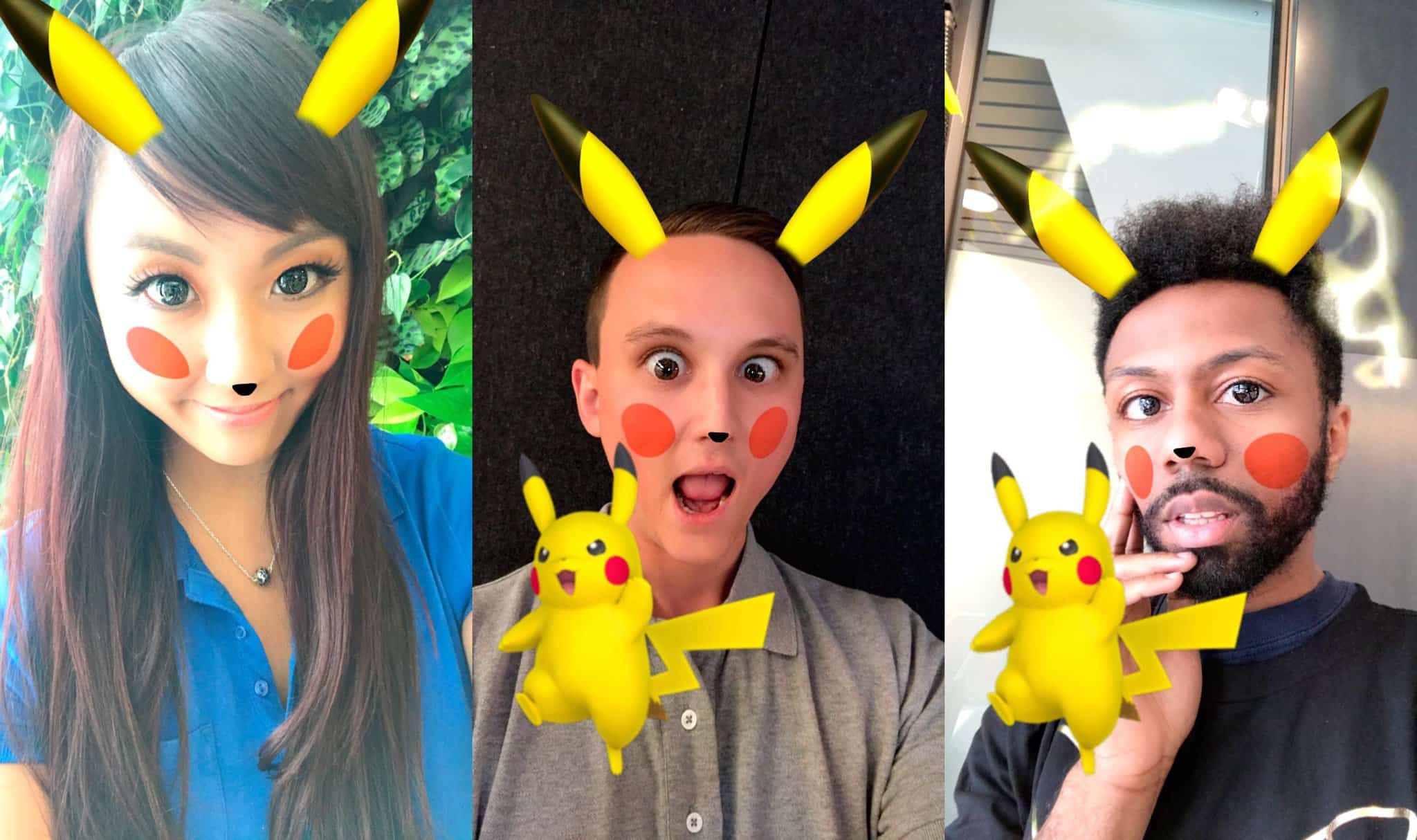Some Snapchat users are requesting to go under the knife to get a face that resembles their filtered selfies, according to a cosmetic surgeon who calls the new phenomena “Snapchat dysmorphia.”
These patients are seeking bigger eyes and fuller lips that often come with some of the filters in social media apps, like Snapchat and Facetune, creating a fresh warping of already unrealistic standards of beauty.
The principal author of the Viewpoint article, Dr. Neelam A. Vashi of Boston University School of Medicine’s Department of Dermatology, was published Thursday in the online Journal of America Medical Association’s section on Facial Plastic Surgery.
The headline of the article is “Selfies – Living in the Era of Filtered Photographs.”
“While filters that add flowers or animals ears to a photograph are clearly an embellishment, other edits may be subtler and instead promote a pressure to look a certain way,” Vashi wrote. “This is an alarming trend because those filtered selfies often present an unattainable look and are blurring the line of reality and fantasy for these patients.”
Anecdotal evidence of an emerging “Snapchat dysmorphia” surfaced in the most recent survey of surgeons by the American Academy of Facial Plastic and Reconstructive Surgery. The findings revealed that 55 percent of its surgeons reported patients in 2017 requesting surgery to improve their look in selfies. This finding is up from 42 percent in 2015.
The survey also noted patients sharing details of the surgery on social media.
The “Snapchat dysmorphia” is an offshoot of Body dysmorphic disorder (BDD), a preoccupation with perceived flaws in appearance. Vashi said it has been common for years for patients to bring their surgeon a photo of a celebrity in hopes they could get a similar face.
“Overall, social media apps, such as Snapchat and Facetune, are providing a new reality of beauty for today’s society,” Vashi wrote. “These apps allow one to alter his or her appearance in an instant and conform to an unrealistic and often unattainable standard of beauty.”
The article warns that surgery could make a person’s BDD worse and recommends clinicians steer patients into cognitive behavioral therapy.
Source: designboom and JAMA


